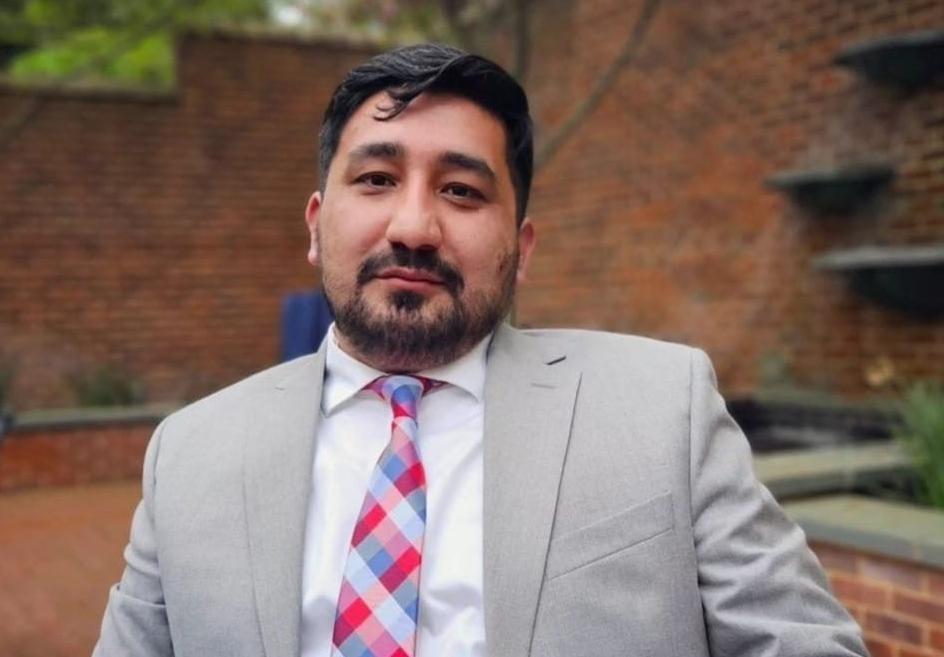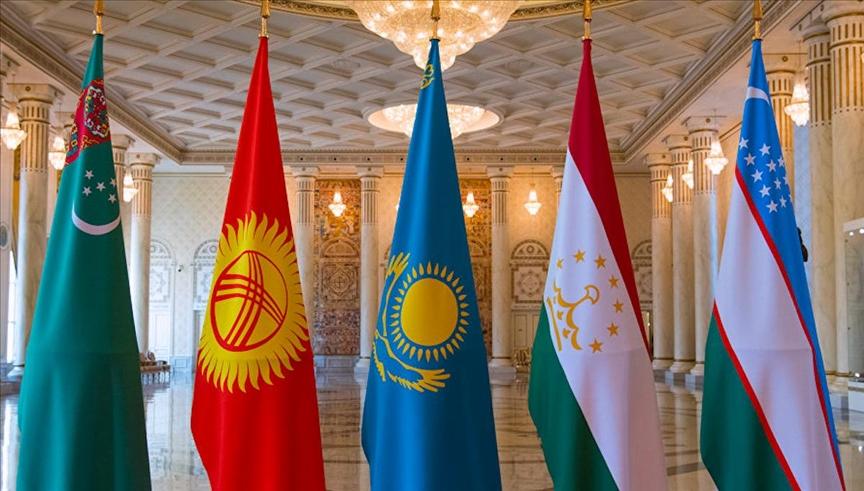Azerbaijan-Armenia peace treaty depends on Zangezur corridor Uzbek pundit on Caliber.Az
Caliber.Az presents an interview with Uzbek political analyst Rafael Sattarov.

- What was the level of the Azerbaijan- Uzbekistan relations as of 2023?
- Of course, the Uzbekistan-Azerbaijan political relations in 2023 were very positive taking into account the strong historical ties between Uzbekistan and Azerbaijan.
As for the political interaction, venues and platforms for holding bilateral and multilateral meetings and promotion of agendas have expanded, both on the sidelines of the pan-Turkic platform and on the sidelines of the Non-Aligned Movement.
Azerbaijan is even becoming exemplary for Uzbekistan in terms of consolidating the status of secularism and secularism of the system in the basic law. The state media outlets excitedly talked about Uzbek President Shavkat Mirziyoyev’s visit to the liberated Azerbaijani lands.
These are positive developments, but I think that there is still a lot of work in terms of cooperation. Some issues still remain declarative in agreements and memorandums between Uzbekistan and Azerbaijan, without proper development.
The prospects for the Azerbaijan-Uzbekistan relations are huge. I am sure that even ten per cent of the development potential has not been revealed yet. We should work hard to develop all spheres.
- What are the prospects for the peace process in the South Caucasus? Will Azerbaijan be able to sign a peace treaty with Armenia in 2024?
- Taking into account the unstable level of dialogue between Azerbaijan and Armenia, despite Baku’s efforts and Armenia’s activity to arm itself by any means, despite all contacts on the preparation of a peace treaty, I doubt the possibility of signing a peace treaty in the medium term.
Armenia’s information policy is not preparing its society for peace between the two countries yet. I do not feel this at all.
Taking into account what 2024 will be like, when approximately 80 countries will hold presidential elections and major electoral processes in general, I think this year will bring many positive and negative political surprises.
This aspect may also affect the dynamics of signing a peace treaty. Such a moment should be taken into account.
In general, I think that the peace treaty is mainly connected with the Zangezur corridor. Until Baku and Yerevan agree on this very important issue, a peace treaty is unlikely to be signed.
Until the route between mainland Azerbaijan and Nakhchivan is created in accordance with the agreements dated November 10, 2020, without barriers and control from the Armenian side, Baku’s officials will think that Azerbaijan has not fully realised its goals and objectives as a victorious country yet.
This can also influence the contract. I think that one should not fully rely on the transit capabilities of Iran, through which an alternative route to Zangezur is now being laid.
On the other hand, Türkiye and the Central Asian countries expect the transit through the Zangezur corridor, which also affects the connection between these two components - the peace treaty and the Zangezur corridor.
- The West is making demands on the Central Asian countries to diversify relations with Russia. Is there a trick here?
- The Uzbek strategy in relation to Russia and the West consists of economic pragmatism, that is, in obtaining trade and financial benefits. Proceeding from this, Tashkent, as a rule, builds partnership relations.
If we take into account this new type of proposal as diversification of ties that come from the West for the Central Asian countries, then we must first of all clearly understand and separate - who will ultimately benefit?

Even if Uzbekistan actively diversifies its economy, the oligarchy and its business entities, rather than the country’s society, may benefit.
As for relations with the West, now all relations of the Central Asian countries with the West are based on a very simple well-known formulation - “nothing personal - just business”.
In turn, the West seeks to safely gain the energy resources of Central Asian countries. For example, France aims to gain the uranium resources of Kazakhstan and Uzbekistan.
The West has invested much in the oil and gas industry of the Central Asian countries. In this regard, Uzbekistan and other regional countries have been already ensuring the EU’s energy security.
Relations have reached such a level when all participants see and understand direct economic benefits. However, the West’s hopes for a complete diversification of ties in favour of the West and a severance of relations with Russia were futile. Uzbekistan, on the contrary, is now actively strengthening relations with Russia. It is purchasing Russian energy resources.
- In this sense, the Central Asian countries are between two fires.
- There are also benefits here. For example, the EU officials who came to us, especially those responsible for implementing sanctions, made it clear that they did not intend to completely ruin the ties with Russia that the regional countries had established over the years.
The West imposes sanctions on those enterprises that are directly involved in the supply of components for the Russian military-industrial complex. As for other production spheres, there is no EU’s total control or inspection, so we can say that now Uzbekistan’s economic relations are on the rise - both with the West and with Russia.
Taking into account that many companies are now transferring their headquarters from Moscow to Kazakhstan’s Almaty city and Uzbekistan’s Tashkent city, we can say that the main strategy in the new reality is to obtain as much financial benefit as possible.
Presently, the Central Asian countries resemble Yugoslavia during the Cold War, which benefited from cooperating with the West, for example, receiving very cheap loans for the development of the state economy, or as it was during “Goulash Socialism” in the time of former Prime Minister Janos Kadar’s activity in Hungary, and on the other hand, taking advantage of financial benefits from the Union of Soviet Socialist Republics (USSR).








